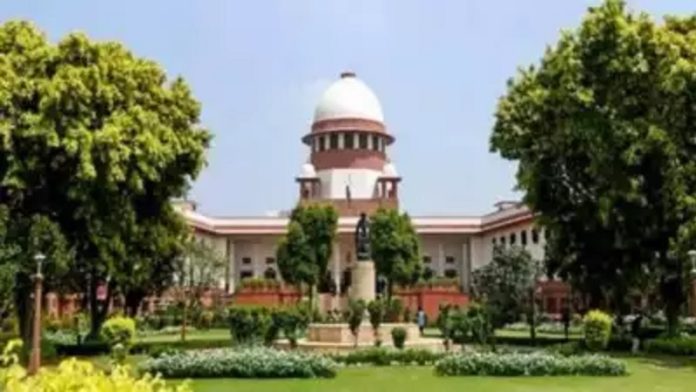- As you are aware, it’s been four years since the Union Government abrogated Article 370 and 35(a) in Jammu & Kashmir granting special status to the region and creating Union Territories of Jammu & Kashmir and Ladakh. Mind you, the abrogation of the article granting special status to Jammu & Kashmir was one of the major poll promises of the Bharatiya Janata Party alongside the construction of Ram Mandir and the introduction of the Uniform Civil Code across the country. The abrogation was passed in the two Houses of Parliament despite political parties from Jammu and Kashmir protesting the move on expected lines. As is its wont, the matter reached the Supreme Court for the Constitutionality of the abrogation laws which was delivered recently.

PC: India Today
- There were no surprises thrown at by the Supreme Court on the matter. The five-judge constitution bench led by the Chief Justice of India delivered three separate but concurring judgments upholding the Union Government’s decision to abrogate the abovementioned articles. The BJP termed the judgment as historical and monumental allowing the long-disturbed region to integrate into the country’s mainstream. Note that the judges’ opinions were unanimous that the arrangement for J&K was a stopgap. Both textual evidence and debates among Constituent Assembly members showed it to be a transitional arrangement, dictated by the then prevailing circumstances. It was never a permanent aspect of the Constitution. Period.
- Remember, the legal process of hollowing out 370 began in 2019 with a presidential order that amended Article 367, an interpretative clause. The petitioners in the case argued that this was legally untenable as it allowed GOI to do indirectly what could not be done directly. Indeed, all judges’ opinions found fault with GOI on this procedural ground. However, this procedural flaw did not neutralize other changes that supported a legal case to nullify 370. Further, one opinion observed that the conversion of a state into a UT has grave consequences and impinges on federalism. Such a move needs to be in strict compliance with the Constitution. However, this aspect remains unaddressed as the verdict did not consider the grounds on which a state’s status can be changed since GOI promised restoration of statehood to J&K.

PC: GQ India
- GOI plans to restore statehood and, thereby, an assembly of elected legislators. SC asked that elections to the J&K assembly be held by 30th September 2024, under the legislation introduced to reorganize the territory after the nullification of 370. One of the opinions recommended a Truth and Reconciliation Commission to bring closure to decades of strife. Yes, security in J&K has improved since 2019. But terrorists have changed tactics. The number of civilians killed through targeted terror attacks has increased substantially since 2016. The only durable solution is the restoration of the political process via early elections. India’s successful counterinsurgencies have always been capped by a political process that brought about integration.






